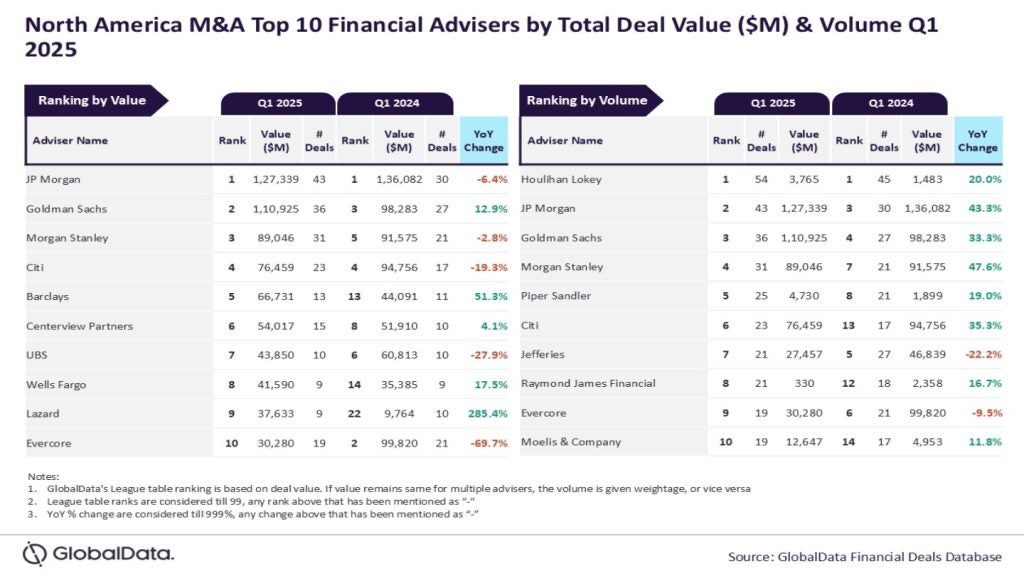Swiss money manager GAM has received the green light to liquidate its unconstrained/absolute return bond funds (ARBF) that were managed by suspended investment director Tim Haywood.
“All fund investors will receive their proportionate interest in cash from the liquidation process,” the company said.
GAM intends to return between 74% and 87% of the assets in Luxembourg and Irish-domiciled funds.
It also expects to return between 60% and 66% of the assets in the Cayman master fund and the associated Cayman and Australian feeder funds.
Throughout the liquidation process, the asset manager aims to maximise value for investors and ensure equal treatment.
The asset manager also plans to make further distribution for each strategy before the end of September as well as continue distributions in the coming months.
At the same time, it intends to offer alternative structures for investors who want to remain invested in the ARBF strategies.
The company also announced plans to roll out a new UCITS fund in the coming weeks, as well as launch a new Cayman fund.
GAM group CEO Alexander Friedman said: “The suspension and the subsequent decision to liquidate the ARBF funds has been a difficult process, but necessary to ensure that we deliver on our principles of acting in the best interests of all fund investors and treating them equally and fairly.
“This does not take away from the fundamental strength of GAM as a diversified asset manager.”
Earlier this month, the asset manager announced plans to liquidate the ARBF range after high levels of redemption requests.
The move followed the suspension of Haywood after an internal probe unveiled breaches in his risk management and record keeping processes. However, the probe did not reveal concerns regarding Haywood’s honesty.







